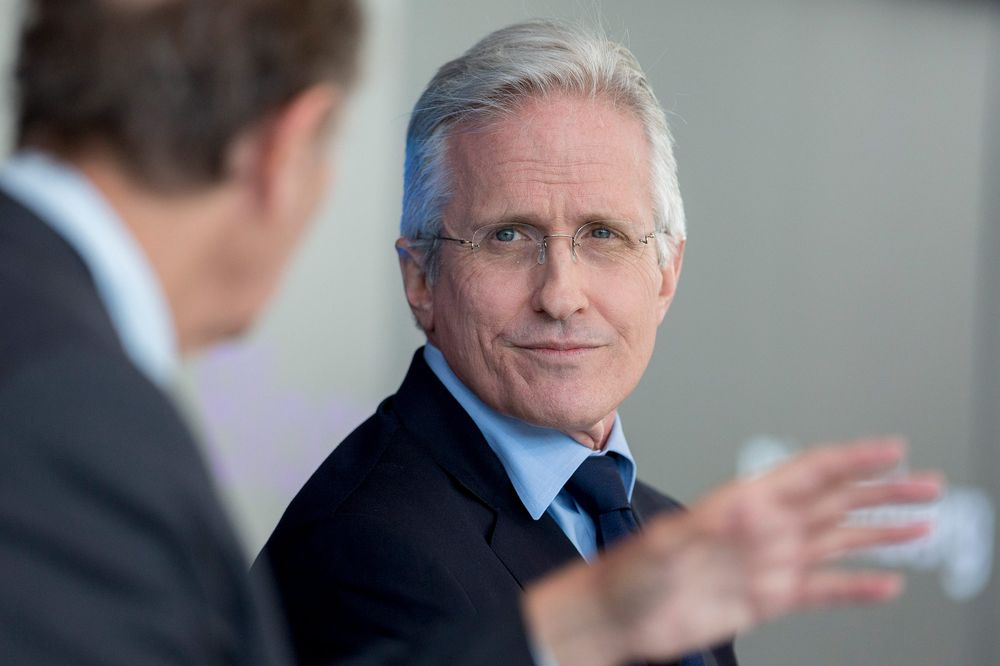ImpactAlpha, March 21 — Managers of TPG Growth’s $2 billion impact fund fanned out to touch base with limited partners, prospects and influencers to contain the damage from co-founder and former CEO Bill McGlashan’s firing (or was it a resignation?) after his indictment in the Varsity Blues college-admission scandal.
Insiders expect fundraising to slow, but not stop, for The Rise Fund II, targeted at $3 billion. With TPG’s co-CEO Jim Coulter stepping in to lead Rise, no early investors in last month’s $1 billion first close have publicly broken ranks. Those investors include Washington State Investment Board, New Jersey Division of Investment and San Francisco Employees’ Retirement System, according to Bloomberg.
Rise Fund’s Impact Multiple of Money: A conversation with TPG’s Bill McGlashan
Agents of impact tried to wring some lessons from the debacle (see, “Impact investors struggle to reclaim the narrative”). In a post on NextBillion, Blue Haven Initiative’s Lauren Cochran acknowledged she did not like the tone of The Rise Fund’s launch in 2016 and is not a fan of The Rise Fund’s “impact multiple of money” measurement methodology (see, “The Rise Fund’s new impact measurement business gets a mixed welcome”). Among her takeaways:
- Due diligence. “Anyone experienced with impact measurement tools knows that none of them are perfect, but questioning intentionality remains a cornerstone of good impact due diligence.
- Potential. “Rise has always had the potential to serve a bigger purpose: The traditional TPG growth equity team working on Rise’s deals may find themselves considering the environmental and social impact of non-Rise deals,” Cochran writes. “If we can get more mainstream equity firms like TPG to infuse even a small amount of impact thinking into their due diligence processes, we have a shot at moving the capital markets needle in a positive direction.”
- The work ahead. McGlashan’s ethical issues do “not mean impact investing is any less worthy an effort. On the contrary, it reveals an even greater need for the kind of societal change that impact investing hopes to accelerate.”
In an interview, the Global Impact Investing Network’s Amit Bouri said the episode represents something of a coming of age.
“We are looking at a growing and increasingly diverse set of investors,” Bouri told ImpactAlpha. “There will be funds that underperform and funds that don’t deliver as expected. We as a community have to be able to respond to things that don’t go properly, because inevitably that will happen as we look at a large and diverse market.”











